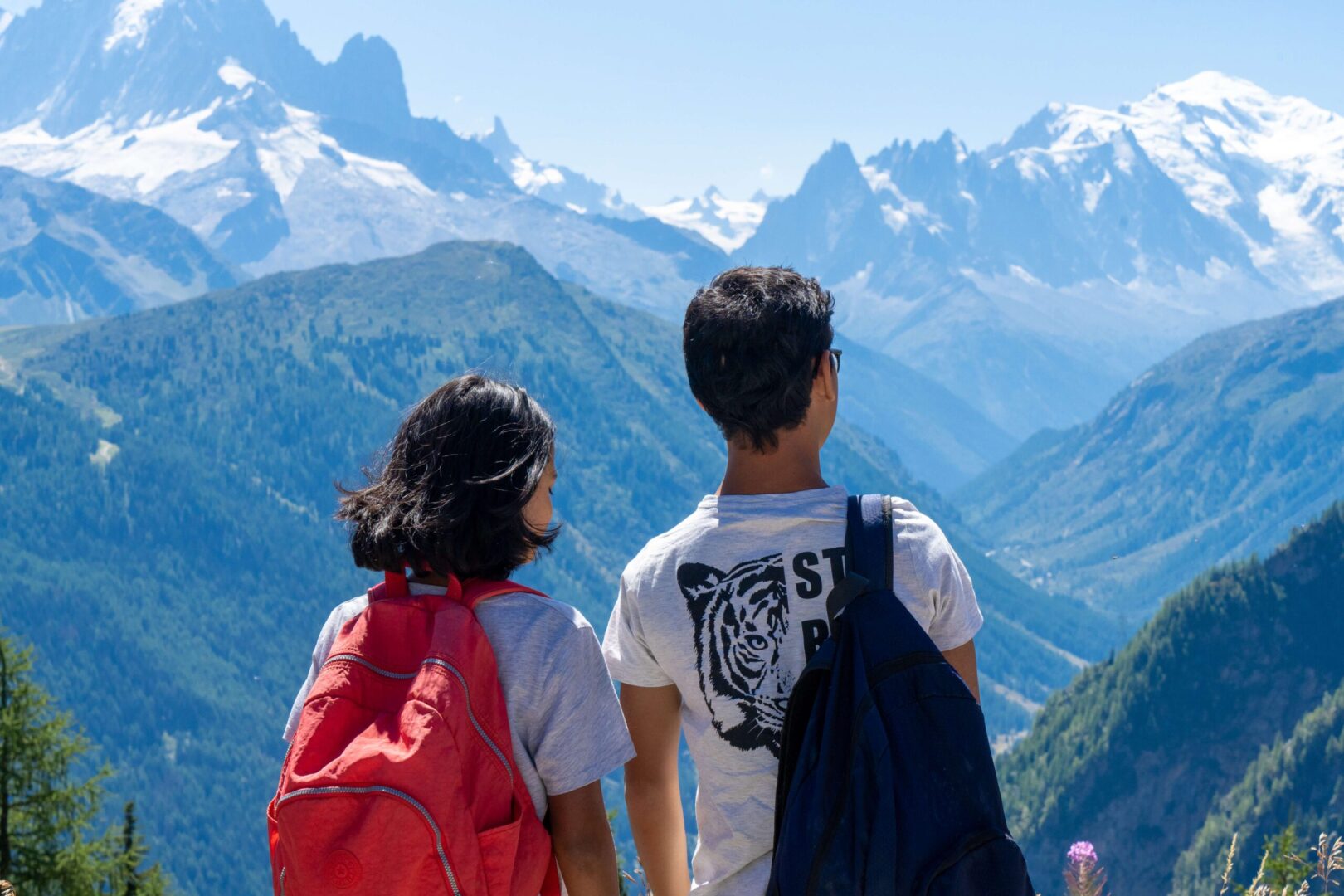
Why Students Should Participate in School Field Trips?
Top 5 reasons Why Students Should Participate in School Field Trips.
Participating in an educational school camp gives young people the opportunity to live experiences that are very significant for the formation of personality and character. Therefore, among so many benefits, we have chosen to share with you 5 reasons why you should encourage and take your child to experience the delight of a school summer camp. Let’s meet them!
1. Enhancing their learning
The school trip gives young people the opportunity to enjoy activities and places that they wouldn’t otherwise experience, especially with so many friends. Creating an environment in which young people can learn by doing can develop their personal interests and, in some cases, reveal talents they didn’t know they had. A school camp allows students to experience new situations and topics, engage in group activities, team challenges and active games that teach them how to create and exchange ideas, insights and knowledge sharing with their peers.
2. Development of social skills
Another advantage of group activities is the development of social skills. Students can create bonds of friendship and work on values such as empathy and acceptance of others and learning to live better as a community. Although each child or teenager has their own personality, some are more shy, while others can be more extroverted, it is at this point that socialisation practices end up helping to overcome small communication barriers. It is from interaction with others that children will learn how to deal with and respect differences, as well as to face everyday problems with more confidence.
3. Autonomy & Self-esteem
Away from the parents, youngsters become more independent and need to adapt to the new environment in which they are inserted. When carrying out activities, whether collective or individual, the child has a considerable gain in learning and autonomy. At this point, it is important to emphasise that having autonomy does not just mean having the ability to do something alone. Before that, the development of autonomy is directly related to the formation of moral conscience, the ability to make choices, make decisions and establish personal criteria for judgments and responsibility.
In addition to making decisions on their own, the experience in a school camp gives the student the opportunity to assume leadership and mobilise the group. That is, the confidence stimulus is reinforced during group activities. Both self-confidence and the confidence of/in the other.
4. Un-plugin!
In an increasingly distracting digital world, school camps provide a valuable space where children can slow down, connect and focus. Children around the world are spending more and more time online. In an educational camp, students disconnect from technology and have the opportunity to practise more sports and have fun in different outdoor recreational activities that are a stimulus to socialisation and autonomy. In a very simple way, school camps represent a necessary “breathing” in times when young people are increasingly “taken” by the digital world.
5. Academic Impact
Researches from the University of Nottingham, in England, found out that the most striking characteristic of the camp, from the point of view of personal development, is the combination of games with rules, teamwork, collective ritual, mixed age groups, interaction with friends from other regions of the city and even other parts of the country, promote both physical development and sociability and, naturally, respect for differences.
While it’s important to use the school camp as a time to relax and recharge, it’s also a great opportunity for students to increase their chances of getting into a top university. Universities will be interested to know if students have traveled abroad alone because they know that traveling is a powerful experience that broadens minds, pushes boundaries and teaches awareness and understanding of cultural differences. It promotes active engagement with their peers and the natural environment, and helps them develop respect for the world and consideration for others around them.
These positive effects are undoubtedly reflected from childhood, through adolescence and into adulthood.
Bespoke School Camp
Get a quote today!


